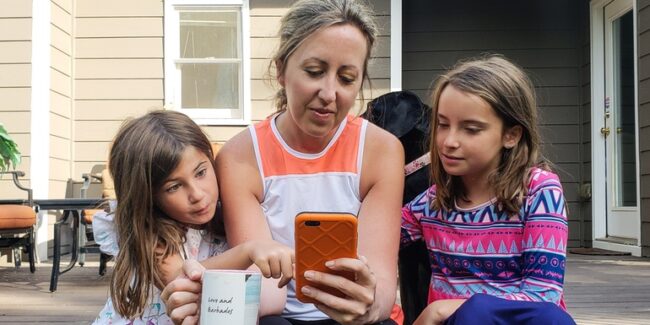We spend most of our time having conversations with people who are 40+ about saving for retirement. However, the language and expectations are slowly starting to shift in a powerful and exciting direction.
Instead of only talking about retirement, we’re starting to use words like financial independence. And rather than focusing on traditional milestones, like 65+ years, we’re starting to look at shifting timelines based on goals and lifestyle plans that are based on purpose and meaning, not contracts and “having enough”.
Many of our chats are opening up the opportunity to discuss things like work-optional lives where we can look at taking a few years off, then working again, then taking a break again. Or, changing the pace of work and redefining what a valuable life looks like, meaning that we don’t have to stop working when we have a set amount saved or have reached a certain age.
Inevitably, these dialogues also allow the space to help our children with their own financial independence. When we’ve passed the 40-year-old mark, we realise the difference that 20 years makes on a lump sum investment. We can see that a small amount now can make a huge difference later, for our children.
Depending on where you or your kids live – you may be able to set up a tax-free saving account, and doing this will have multiple benefits for your children. The first benefit is the tax-free money your child will have access to. But, even if it’s not tax-free, another benefit is the early financial education they will receive, knowing that you’re putting away money for a long-term event horizon. They will see the investment steps and the results.
And, they will benefit from the kickstart as they will be able to start their working life with money in their financial independence, or retirement account. Because they already have a good start, it is more likely that they will continue to invest.
Many countries offer tax-free savings accounts; whether you’re looking at a Roth IRA, an ISA, TFSA or something else – you can start a bolster fund for your kids that will gain immense value over 30 to 60 years, no matter where you or they live.










